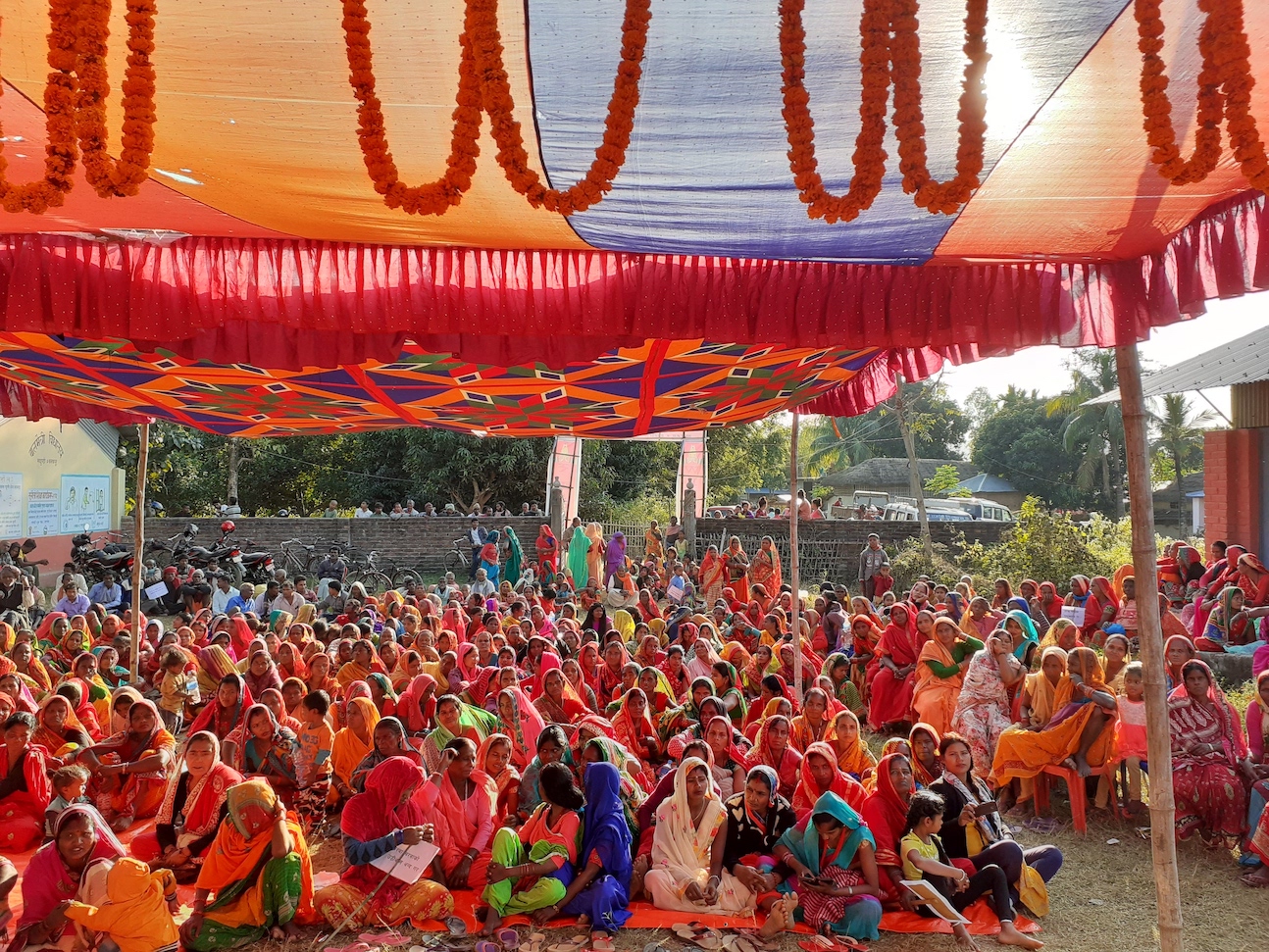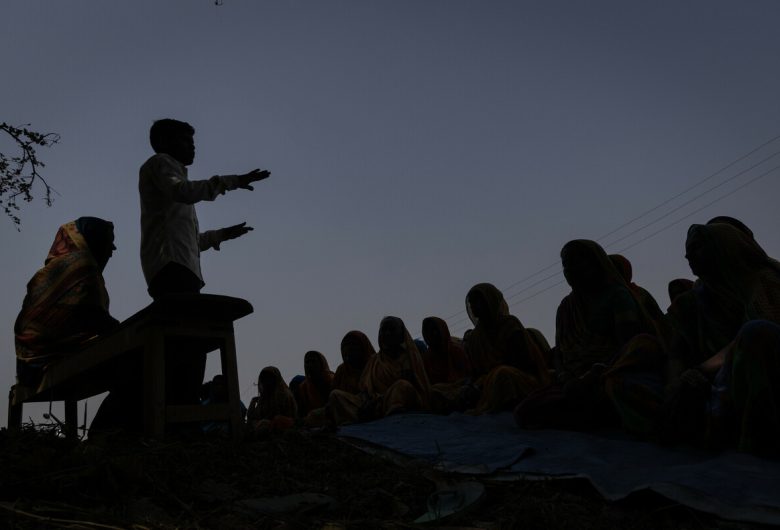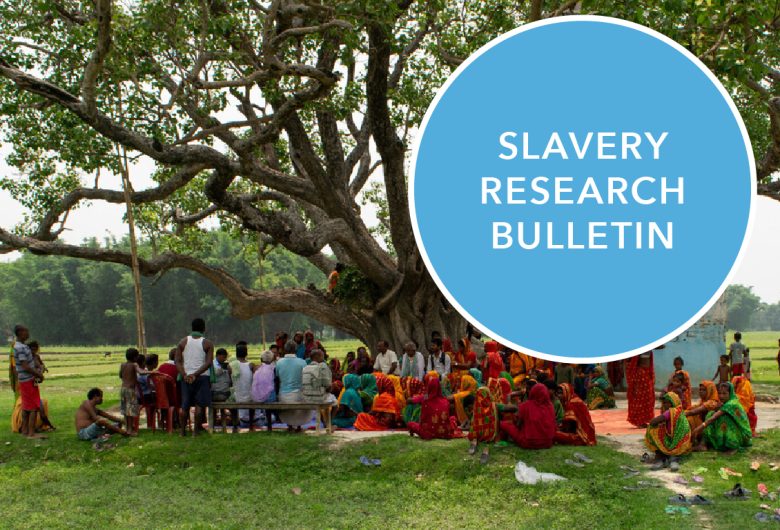Welcome to the Slavery Research Bulletin, the Freedom Fund’s monthly brief designed to bring you new & compelling research from the global anti-slavery movement.
Experiences of child domestic workers in Ethiopia
Population Council and the Freedom Fund report on child domestic servitude in Addis Ababa, Ethiopia, based on interviews with key informants from government, civil society and international organisations. Child domestic workers are typically recruited through false promises of schooling or money, and at risk of arduous work, neglect, discrimination as well as more severe and deliberate forms of abuse by the employer. This study will inform upcoming research on the prevalence of child domestic servitude in Addis Ababa.
Examining human trafficking flows in Canada
The Canadian Centre to End Human Trafficking investigates common geographical corridors for human trafficking. Frequent movement is a tactic used by traffickers to exert control over victims by dislocation and isolation, as well as evade law enforcement by exploiting poor interregional cooperation. Among the 49 service providers interviewed, 39 percent named stigma as being the largest barrier precluding survivors from accessing services.
Cost of migration for Bangladeshi migrants
The International Labour Organization and Bangladesh Bureau of Statistics have implemented one of the first Cost of Migration Surveys, documenting the fees borne by migrant workers from Bangladesh. On average, workers paid 417,000 Bangladeshi taka (roughly $4,900) to secure their job oversees, equivalent to more than 16 months of wages. The highest recruitment costs were incurred by workers heading to Singapore, and lowest fees paid by those heading to Oman.
Supporting young women and survivors into sustained livelihood
Based on discussions with over 140 young women across Ethiopia, India and Nepal, a study by the Freedom Fund examines the hurdles faced by young women and survivors of trafficking in securing meaningful employment. Practical barriers include training and employability schemes that do not consider the needs of candidates from remote areas or with caregiving responsibilities, and programs that narrowly focus on producing ‘graduates’ rather than helping the individual thrive as employees.
Private sector response to human rights during covid-19
The Corporate Human Rights Benchmark assesses human rights disclosures from 229 companies across the agricultural, apparel, automotive manufacturing, extractive and technology manufacturing sectors. Only six percent of companies reported consulting worker or community representatives when assessing covid-19 risks and impacts, and only 25 percent provided support to suppliers affected by the fall in demand, such as paying for orders placed before the pandemic.
Read on…
- United Nations Office of Drugs and Crime released a toolkit on gender mainstreaming in trafficking prosecution.
- Observer Research Foundation shares evidence of the impact of covid-19 on child marriage and child labour in India.
- The International Labour Organization Vietnam country office produced a guide for journalists reporting on forced labour and fair recruitment.
And finally…
Through the Freedom Rising program, the Freedom Fund #ChooseToChallenge structural inequality by supporting women and survivor leaders in the antislavery movement.
Contact us
Our team would love to hear from you. Please email: [email protected].
News & updates
For more news and updates about the Freedom Fund, visit our Newsroom. You can also view archived issues of our bulletin here.



